Mesh Adaptation Strategies for CFD Simulations Over a Set of Operating Conditions
Please login to view abstract download link
In computational fluid dynamics, controlling the global error depends highly on the discretization of the computational domain, hence the mesh. In general, the location of the flow structures within the domain is sensitive to boundary and flow conditions. Proposing an a priori mesh with a discretization effort that concentrates on the demanding parts of the domain is thus usually impossible. Adaptive Mesh Refinement (AMR) is a method developed to iteratively adjust the local mesh resolution to the computed flow structures and construct meshes that achieve a prescribed accuracy for limited discretization and computational cost. This work concerns the problem of mesh adaptation when the operating conditions are variable and follow a prescribed continuous distribution. For instance, variability of the flow conditions appears in uncertainty quantification, operating domain analysis, and robust optimization. These analyses typically require many simulations for different conditions, making the cost-accuracy trade-off even more crucial for these problems. Several mesh adaption methods have been proposed for variable conditions, but they typically focus primarily on error control without simultaneously optimizing for cost. In this context, we propose two original methodologies. The first one, called Mean Mesh adaptation (MMA), builds a unique adapted mesh to minimize the average error over the continuous operating conditions for a given discretization effort. A key ingredient of MMA is using a small sample set of conditions to estimate the local average error at each iteration of the AMR process. The second method, Error-based Mesh Selection (EMS), tackles the optimal element selection within a library of adapted meshes to achieve the smallest possible error for any given flow conditions. The library consists of meshes independently adapted for different conditions in an offline stage, for cost efficiency, the selection uses a priori error estimations requiring no additional simulation. We used analytical and full CFD supersonic simulations to analyze the proposed methods. We show that MMA is robust and accurately approximates the optimal mesh minimizing the average error for a limited construction cost. Similarly, EMS provides a robust approximation of the optimal selection with limited cost overheads. The EMS method is suitable to be extended for progressive library enrichment and a-posteriori correction of the error estimates.

